For immediate release
Victoria, B.C. (March 22, 2022) – The gillnet herring roe fishery in the Strait of Georgia (SOG), which opened on March 5 has seen no new catch for nearly two weeks. As of the March 21 report by Fisheries and Oceans Canada, catch tonnage remains at 3,407 tons out of the given 7,850 quota, where it has stood since March 9. This comes after Minister of Fisheries and Oceans, Joyce Murray announced a 50% reduction in the commercial herring quota with a maximum total allowable catch of 7,850 tons in the SOG. As fishing boats continue to seek additional opportunities to reach their quota, current spawners appear smaller in both individual fish and stock size.
“To our knowledge, this is an historic and concerning event for industrial herring fishing in the Strait of Georgia,” said Emmie Page, Marine Campaigner for Pacific Wild. “The fishing fleet has only filled half of its reduced quota and has been out looking for opportunities to fish for more than a week with no success. In recent years, the quotas set have been nearly triple that of 2022, with fishing fully complete in a matter of days. This implies SOG herring are now returning much smaller and younger than other years, in addition to unknown stock size.”
Meanwhile, reports from First Nations and locals along the coast have indicated that this season’s Spawn on Kelp (SOK) and spawn on bough fisheries in the SOG have been successful. This no-kill method harvests the roe from kelp and cedar boughs after spawning takes place. It allows herring to live and spawn several more times over their lifecycle making it far more sustainable.
“Traditional methods of harvesting herring roe after spawning takes place are obviously more practical and more sustainable for many reasons,” said Ian McAllister, Founder and Conservation Advisor of Pacific Wild. “Taking longer to catch fewer and smaller fish means it is already too late for a sustainable fishery. It’s time to allow stocks to rebuild to historic levels and work towards the implementation of ecosystem and traditional based management of herring.”
Herring roe (eggs) are the main target for all commercial herring fishing, but with gillnet and seine gear types, adult herring are captured just before spawning, and the roe are removed from the female fish. These fish, which are not the main target in this fishery, are caught by these gear types, ground up and turned into low-value products for fishmeal and pet food.
“Considering how critically important herring are as a foundational species in coastal ecosystems, this is a primary example of how wasteful and irresponsible the SOG fishery is,” Page concluded.
Pacific Wild is encouraging supporters of their herring campaign to sign and send a letter to DFO’s Minister calling for an immediate moratorium and moving towards an ecosystem-based approach to management of the herring fishery. The organization is also suggesting consumers stay away from low-value herring products and the industries they are used in. This includes selecting pet food without herring in it and purchasing wild salmon because farmed salmon are fed herring fish meal.
Media contact:
Nick Voutour
Communications Manager
Pacific Wild
902-809-9030
nick@pacificwild.org
About Pacific Wild
Pacific Wild supports innovative research, public education, community outreach and
raising conservation awareness to achieve the goal of lasting environmental protections for the lands, waters and people of the Great Bear Rainforest and throughout British Columbia.

